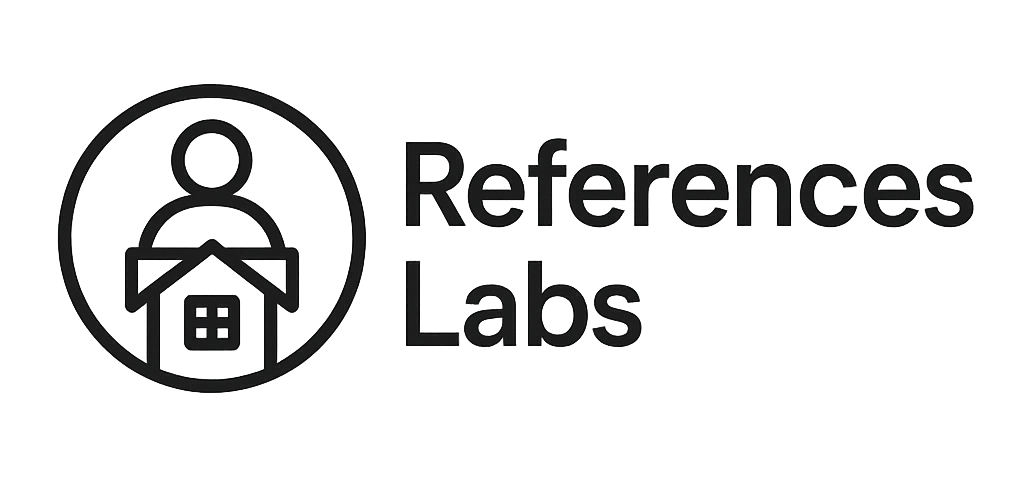Understanding Your Purpose
When it comes to selecting the right drone, the first step is to clearly define your purpose. Are you looking for a drone to capture stunning aerial photography, or do you need one for professional surveying and mapping? The intended use will significantly influence the type of drone you should consider. For personal use, you might be interested in drones that offer ease of use, portability, and a decent camera for capturing memories. On the other hand, professional use often demands advanced features like high-resolution cameras, longer flight times, and enhanced stability.
For instance, if your goal is aerial photography, you should look for drones equipped with high-quality cameras. Features such as 4K video capability, gimbal stabilization, and adjustable aperture can make a significant difference in the quality of the footage. Meanwhile, professional applications like surveying may require drones with GPS precision, automated flight paths, and data collection capabilities.
Understanding your primary purpose helps in narrowing down the options. It ensures that you invest in a drone that serves your needs effectively, without overspending on features that you might not use.
Evaluating Key Features
Once you have a clear understanding of your purpose, the next step is to evaluate the key features of available drones. Battery life, camera quality, range, and durability are some of the critical aspects to consider. The battery life of a drone determines how long it can stay airborne, which is crucial for both personal and professional use. Typically, drones offer flight times ranging from 10 to 30 minutes, but professional drones may provide more extended flight durations.
Camera quality is another essential feature. For personal use, a camera with 1080p resolution might suffice, but for professional photography or videography, you would need a drone with at least 4K resolution. Additionally, consider drones with features like obstacle detection and return-to-home functions, which enhance safety and ease of use.
Range is particularly important for professional users who require drones to cover larger areas. Some drones offer a range of a few hundred meters, while others can operate over several kilometers. Lastly, consider the drone’s durability, especially if you plan to use it in challenging environments or weather conditions. A robust design can prevent damage and extend the lifespan of your drone.
Considering Budget and Brand Reputation
Budget is a crucial factor when choosing a drone. Prices can vary significantly, from affordable options for beginners to high-end models for professionals. It’s important to set a budget that aligns with your needs and expectations. While it’s tempting to go for the cheapest option, investing in a quality drone can save you money in the long run by offering better performance and reliability.
Brand reputation also plays a significant role in the selection process. Opt for drones from well-regarded manufacturers known for their quality and customer support. Researching user reviews and expert opinions can provide valuable insights into the reliability and performance of different models.
In addition to the initial cost, consider any additional expenses such as spare batteries, propellers, and carrying cases. Some drones might also require a subscription for software updates or access to advanced features. By factoring in these costs, you can make a more informed decision and avoid unexpected expenses down the line.
Overall, by considering your budget and choosing a drone from a reputable brand, you can ensure a satisfying and worthwhile investment that meets your personal or professional needs.






